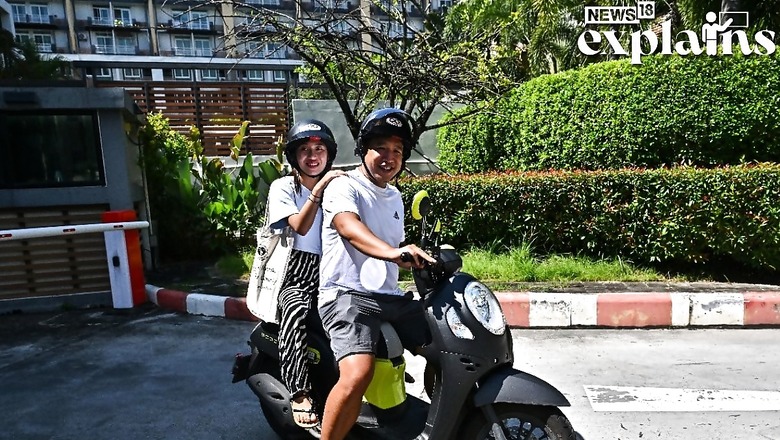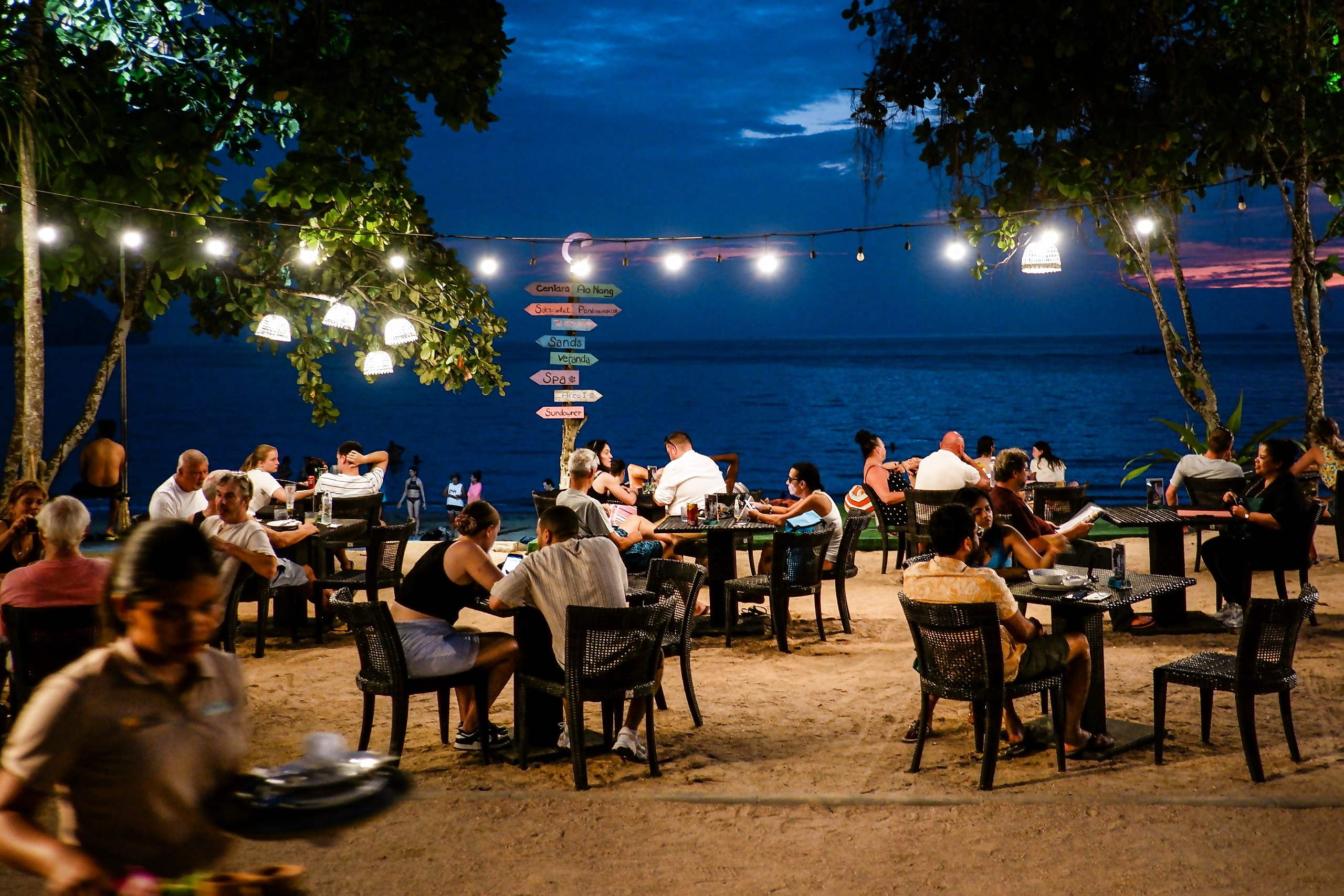
views
Zhang Chuannan was one of the several Chinese nationals who lost their jobs during the strict zero-Covid lockdown in China, when the country resorted to strict control and tight measures to control Covid-19 pandemic.
After being laid off, 34-year-old Zhang, who worked as an accountant at a cosmetic firm in Shanghai paid $1,400 for an online Thai course, got an education visa and moved to the scenic northern Thai city of Chiang Mai.
Zhang is among a growing number of young Chinese moving overseas not necessarily due to ideological reasons but to escape the country’s ultra-competitive work culture, limited opportunities and growing unemployment.
Amid the growing migration to overseas, Thailand has become a prime destination for many Chinese, and since the 2000s, they have moved to its big cities in substantial numbers.
Why People are Leaving China?
China implemented one of the world’s toughest Covid restrictions during the pandemic, putting hundreds of millions of people under extremely long lockdowns. In the aftermath, younger citizens — exhausted by gruelling and unrewarding jobs — are taking flight to escape abroad.
“During the pandemic, the desire for freedom became stronger,” Chen, a 26-year-old former bank worker, told AFP.
In China’s financial capital Shanghai — hit by some of the strictest pandemic lockdowns — Chen had a stable, well-paid job, but was unhappy with the career path that lay ahead of her.

After the pandemic, Chen knew something had to change. “Even if I kept doing this job for the rest of my life, it would just be like this,” she said.
Chen is emblematic of many of her generation: unlike their parents who benefited from China’s then-booming economy, younger Chinese are burdened by a weak economy. Prospects for promotion are few and competition is ferocious, leading many to burn out.
The hunt for opportunities far from home is partly motivated by China’s unemployment rate for people ages 16 to 24, which rose to a record high of 21.3% in June. The scarcity of good jobs increases pressure to work long hours.
Opting out is an increasingly popular way for younger workers to cope with a time of downward mobility, said Beverly Yuen Thompson, a sociology professor at Siena College in Albany, New York.
Why Thailand is The Destination?
In popular social media and e-commerce platforms in China, the influencers and their videos are full of benefits of emigrating to Thailand. From cheap international schools to exotic locale and affordable healthcare, Thailand is portrayed as a paradise that promises something for all.
The Southeast Asian country is seen as easier than Europe or North America, with the kingdom offering several types of long-term visas, including a one-year language course — costing roughly $700 to $1,800.

Moreover, Thailand has relatively easy process for one-year study visas and offer a slower pace of living and cheap living costs. At Payap University in Chiang Mai, around 500 Chinese began an online Thai course early this year.
For many Chinese, Thailand is seen as a stepping stone country, ideal to experiment with living abroad.
The surging desire to leave China can be seen in patterns on WeChat, the Chinese messaging app. Searches for “emigration” have spiked, hitting 510 million in one day in October, according to Chinese-language media, while in late January “immigrating Thailand” was searched more than 300,000 times in a single day.
On another social media platform Xiaohongshu, similar to Instagram, hundreds of people have discussed their decisions to relocate to Thailand. Many get a visa to study Thai while figuring out their next steps.
Migration to Thailand: In Numbers
There are an estimated 7.1 million people in the country who identify as Chinese, forming the oldest and most significant ethnic Chinese community in Southeast Asia, a report in South China Morning Post said.
Thai tourism authorities estimate about five million visitors from China this year, while the country took 10 million Chinese visitors in 2019.
Chinese already rank as the biggest group of foreign buyers of property in Thailand, according to Thailand’s Real Estate Information Center, with more than 3,500 units snapped up in 2022 at an average of $150,000 each.
How Thailand Views This Migration?
Thailand has historically emphasised deep historical and cultural ties between the two nations, with China portrayed as a generous big brother, a narrative that is slowly changing amid contemporary US-China rivalries.
Among ordinary Thais, the sentiments towards China are paradoxical. On one hand, Thais welcome China’s economic and humanitarian aid and consider it a pi (elder brother) to Thailand’s nong (younger brother). However, on the other side, media coverage of Chinese tourism in Thailand has fostered negative stereotypes about how badly Chinese citizens behave when travelling overseas.
Chinese tourists and travellers are stereotyped as “fools but rich” and as having “uncivilised manners,” affecting negative portrayals that affect social interactions. Chinese businessmen are also portrayed as “selfish” and “cheating” by the Thai business community, fuelled by reports of fraud and scams.
(With inputs from agencies)



















Comments
0 comment